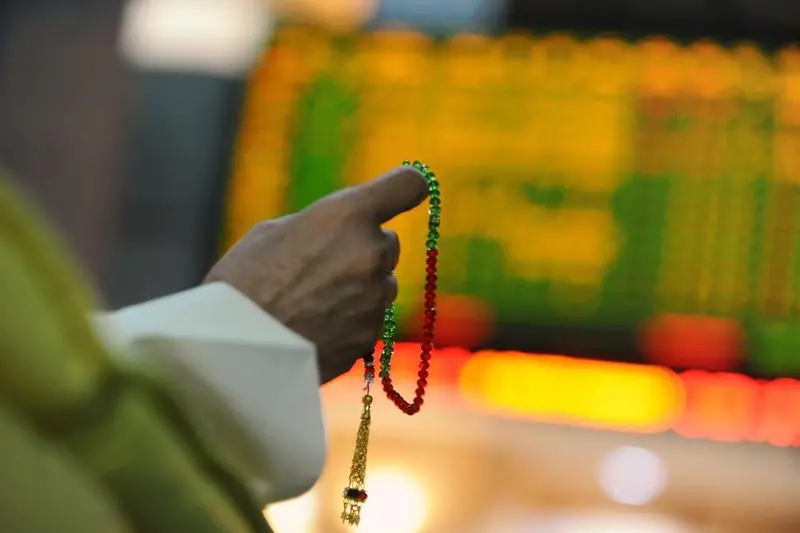PHOTO
In an industry expected to reach a value of AED 52 billion by 2020, Takaful companies in Dubai and beyond have a lot to address, writes Abdulla Mohammed Al Awar, CEO of Dubai Islamic Economy Development Centre (DIEDC)
The main challenge for the Takaful sector is to continue our efforts to unify Takaful standards and consolidate the credibility and legality of the Takaful system. Today, there is an increasing need to innovate and develop products that are relevant to customers and fulfill their needs and aspirations. The Takaful sector is very promising indeed. The latest report released by the Dubai Center for Islamic Banking and Finance (DCIBF), a joint initiative of Hamdan Bin Mohammed Smart University and Dubai the Capital of Islamic Economy in collaboration with Afaaq Center for Research in Islamic Economy (ACRIE), predicts that the sector will reach a value of AED 52 billion by 2020.
These numbers indicate that there is a double digit growth despite the challenges faced by the industry. What this implies is of course that we have today a historical opportunity for growth--especially with the great support provided through initiatives to unify the standards locally and regionally. The recent announcement by His Highness Sheikh Mohammed bin Rashid Al Maktoum, Vice President and Prime Minister of the UAE and Ruler of Dubai, to establish a higher Shari'ah authority to regulate the Islamic banking and finance sector is an important catalyst in triggering this growth.
OFFERING SOLUTIONS
At DIEDC, we support the Takaful companies and the sector in general but we do not have specific collaborations with any individual entities.
As for the solutions to the challenges, I suggest the following:
First, to identify the real difference between the conventional insurance and Takaful so the Islamic insurance companies do not need to replicate conventional insurance products. This will need the empowerment of human resources to ensure the presence of requisite knowledge to drive and define the Takaful business--its services and objectives as well as the nature of Takaful companies with reference to their legal infrastructure. We also need to enhance transparency, corporate governance and collaboration to design an Islamic governance system based on the experience of companies in the local/regional market.
Takaful is a Shari'ah-compliant service and one that contributes to economic and social development.
The premiums paid by contributors are used to finance sustainable projects in the economic landscape that are compliant with Shari'ah and in line with the growth and stability imperatives of the national economy. Ultimately, Takaful is like any other service that needs to find targeted consumers. Our mission at DIEDC is to persuade consumers to opt for Takaful products as opposed to those offered by conventional insurance providers. We also aim to achieve diversity in the customer base--whether
individual or corporate.
The main challenge remains the lack of ReTakaful options. This leads--in several cases--to the majority of Takaful companies using conventional reinsurance products to fill the gap.
Another challenge that is gaining significance is the competition between conventional insurance companies for the consumer's currency. Takaful currently occupies only a niche segment of the pie. It would be a good idea for smaller Takaful players to merge their assets and enhance their competitiveness in order to sustain the sector and increase its growth potential for the long-term. Takaful will also need to establish a new premise or core foundation to stay relevant.
This foundation should factor in legal aspects of Takaful products and their contribution to the growth of Islamic finance and the national economy as a whole rather than focusing only on profitability--as is the case with conventional insurance players.
© Islamic Business and Finance 2016





















